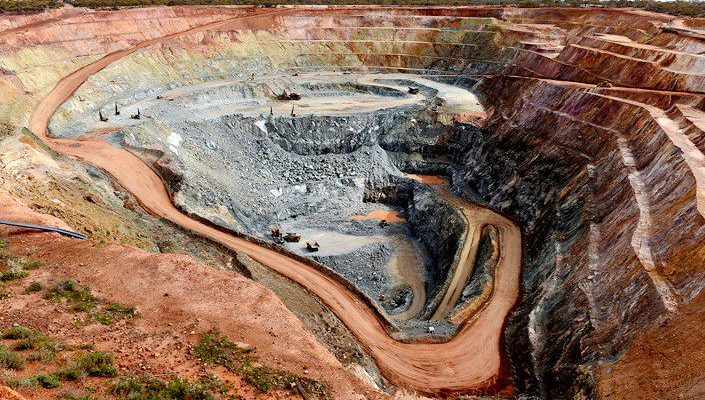
Mining is a vital industry that plays a significant role in the global economy. It involves the extraction of various minerals from the Earth’s crust, which are then used in numerous industries and products. In this article, we will delve into the world of mining and explore the diverse range of minerals that are extracted, their applications, and their importance in our daily lives.
- Precious Metals:
Mining operations yield a variety of precious metals, including gold, silver, platinum, and palladium. These metals have been highly valued throughout history for their rarity, beauty, and industrial applications. Gold, for instance, is not only used in jewelry but also in electronics, dentistry, and aerospace industries. Silver finds its use in photography, solar panels, and electrical contacts. Platinum and palladium are crucial components in catalytic converters, which help reduce harmful emissions from vehicles. - Base Metals:
Base metals, such as copper, zinc, lead, and nickel, are widely extracted from mining operations. These metals serve as essential building blocks for infrastructure, transportation, and manufacturing sectors. Copper, known for its excellent conductivity, is extensively used in electrical wiring, plumbing, and telecommunications. Zinc is vital for galvanizing steel, protecting it from corrosion. Lead is used in batteries, while nickel is a key component in stainless steel production. - Industrial Minerals:
Mining also yields a plethora of industrial minerals, which are non-metallic substances with various applications. For instance, limestone, a sedimentary rock, is extracted for its high calcium content and is used in construction, agriculture, and manufacturing. Another example is gypsum, which is used in the production of plaster, cement, and fertilizers. Other industrial minerals include talc, quartz, clay, and mica, each with its unique properties and applications. - Energy Minerals:
The mining industry plays a crucial role in extracting energy minerals that power our modern world. Coal, a fossil fuel, is extensively mined for electricity generation and industrial processes. Additionally, uranium is extracted for nuclear power generation, while oil sands and shale are mined for oil production. These energy minerals are vital for meeting the ever-growing global energy demands. - Rare Earth Elements:
Rare earth elements (REEs) are a group of minerals that are essential for various advanced technologies. Despite their name, REEs are relatively abundant in the Earth’s crust but are challenging to extract and refine. These elements, including neodymium, dysprosium, and lanthanum, are crucial for the production of magnets, batteries, wind turbines, and electric vehicles. The mining and processing of REEs require specialized techniques and expertise.
Conclusion:
Mining is a complex and multifaceted industry that extracts a wide range of minerals, each with its unique properties and applications. From precious metals to base metals, industrial minerals to energy minerals, and rare earth elements, mining plays a vital role in supplying the raw materials needed for various industries. Understanding the significance of these minerals helps us appreciate their value and the importance of sustainable mining practices.

